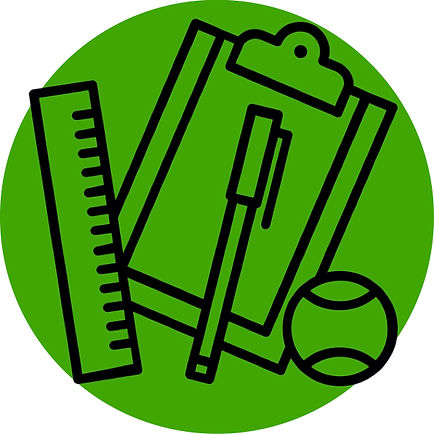Curriculum
Curriculum, in the broadest sense, is the entire range of opportunities for learning and personal development that your school offers.
I resist separating out "curriculum" from "teaching and learning". Stimulating content, partnered with excellent teaching practice that is responsive to the interests and needs of the people in the room, generates an environment where learning is irresistible.
Children can be taught how to be effective learners and effective communicators. They need to know how their brain functions, intellectually and emotionally, and they need to understand neuro-diversity.

It is all about connections. Every time our senses receive new information, new physical connections are made in the brain. Deep learning happens when we connect pieces of information together. It is undoubtedly true that, at any stage of learning, we benefit from the ability to find links between what we are learning for the first time and what we already know. Understanding comes from the ability to manage the ever-increasing mass of information stored in our brain's complex filing system.
The curriculum can be seen as a story, with a complex narrative structure that bounces forwards and backwards in time, which pauses for reflection or diversion, and which sometimes meanders or doubles back, but which maintains a grip on the curiosity and imagination of both teacher and learner. There is an excitement about embarking on a voyage of discovery, led by teachers who model good learning behaviours.
Along with a team of colleagues in Bristol, I worked with Professor Mick Waters, when he was Director of Curriculum at QCA, on a radical overhaul of the national curriculum, placing a strong emphasis on pupil voice, use of local resources and personal development. Whilst the work was aborted after a change of government, I have always stuck firmly to these principals and sought to maintain a creative approach to the design of the school curriculum.
There are many good off-the-peg curriculum resources, and it is up to each school to define the extent to which they find it beneficial to buy in rather than create their own plans. It is crucial, however, for the school to define consistent expectations for how that curriculum is delivered, and how children are engaged in taking responsibility for their own learning.
-
I can demonstrate the benefits of using Philosophy For Children, or P4C, to equip children with listening, questioning and self-expression skills that they can apply to deepen their understanding in any area of the curriculum and in their own personal development. I can provide training for staff and demonstration lessons.
-
I can advise on how to embed learning-to-learn strategies such as ELLI (the Effective Lifelong Learning Inventory developed by Guy Claxton and Ruth Deacon-Crick at Bristol University) in the culture of the school.
-
I can advise on the application of Growth Mindset theory (Carol Dweck, Stanford University) to children, staff and parents, having a transformational impact on learning outcomes.